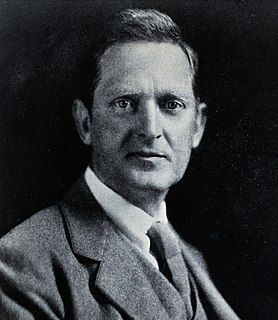A Quote by Alan Huffman
Anyone who was alive during the outbreak of the bubonic plague in the 14th century experienced something terrifyingly close to the widespread death and chaos of an apocalyptic event.
Related Quotes
Throughout the early Christian period, every great calamity - famine, earthquake, and plague - led to mass conversions, another indirect influence by which epidemic diseases contributed to the destruction of classical civilization. Christianity owes a formidable debt to bubonic plague and to smallpox, no less than to earthquake and volcanic eruptions.
It has been said that the three great develpments in twentieth century science are relativity, quantum mechanics, and chaos. That strikes me the same as saying that the three great developments in twentith century engineering are the airplane, the computer, and the pop-top aluminum can. Chaos and fractals are not even twentieth century ideas: chaos was first observed by Poincare and fractals were familiar to Cantor a century ago, although neither man had the computer at his disposal to show the rest of the world the beauty he was seeing.

































